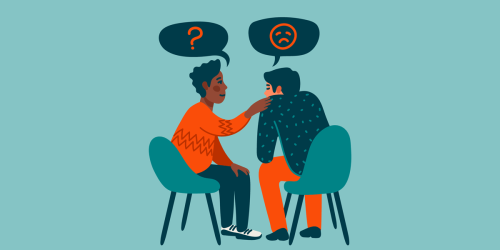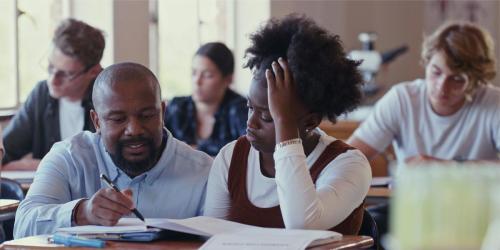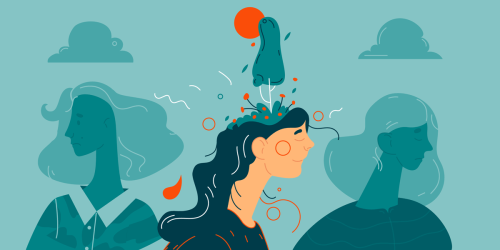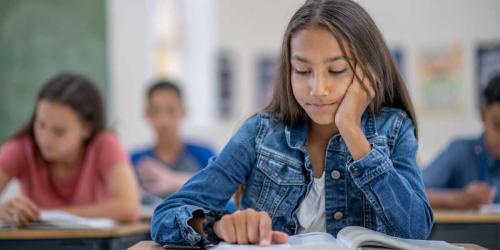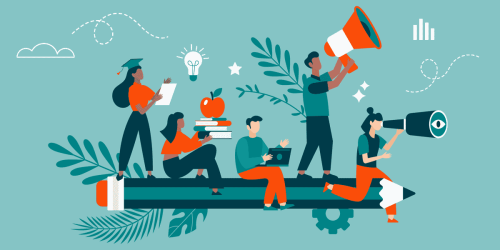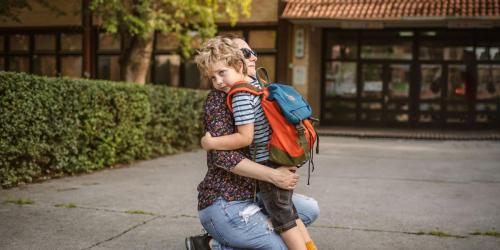Research shows that programs that support students’ development in communicating effectively, negotiating conflict, managing their emotions and behavior and other social and emotional skills can lead to better academic and life outcomes.
Summer melt is even more prevalent for low-income students, students in large urban districts, and community-college bound students—with attrition rates as high as 40 percent.
A collection of blog posts, videos, education research, and websites to help teachers strengthen their relationships with all their students.
Think through important decisions on why to measure SEL, how to use SEL data and which skills, mindsets and capacities are appropriate to measure with this informative two-page guide.
This brief provides educators with the background, rationale and evidence for implementing an uninterrupted, 90-minute literacy block as part of a comprehensive approach to teaching reading in elementary schools.
This brief provides educators with the background, rationale and evidence for implementing an uninterrupted, 90-minute literacy block as part of a comprehensive approach to teaching reading in elementary schools.
How Future Connect is Improving College Success Through Comprehensive Advising and Financial Support
This report is the first external evaluation of Future Connect. It examines the program’s impact on college performance, progression, persistence, transfer, and completion.
Raise your awareness on trauma in postsecondary education institutions and how trauma affects learning and development and learn strategies to work effectively with college students who have been exposed to trauma.
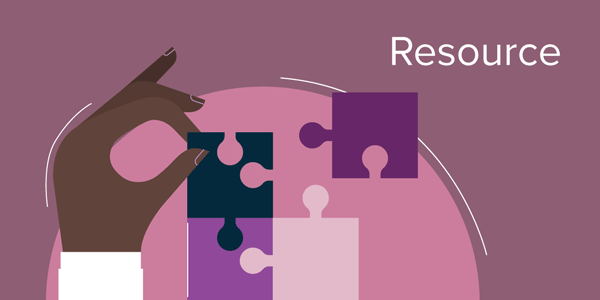
This brief serves as a resource for K–12 districts, state education agencies, higher education institutions and district Title VI Indian education offices.
"Changing the Conversation,” a new study from Education Northwest, looks at Highline Public Schools’ participation in the Road Map Project.
Want to learn the basics of social and emotional learning? Download this primer to learn concepts you can use to help students develop “nonacademic skills” and reach their full potential.
Ensure smooth transitions for all incoming kindergarten students and their families with recommendations in this white paper and "taking action" worksheet.
The presence of traumatized children in our schools is nothing new, but research now shows us how we, as educators, can moderate the effects of trauma on students' ability to learn.
Find out about the progress community colleges in Oregon are making to support students who are traditionally required to take developmental education courses and face a high risk for not graduating from college.
Roughly one-third of students who did not file a FAFSA, would have been eligible for a Federal Pell Grant, which provides aid for low-income undergraduate students and lowers the costs of college.
